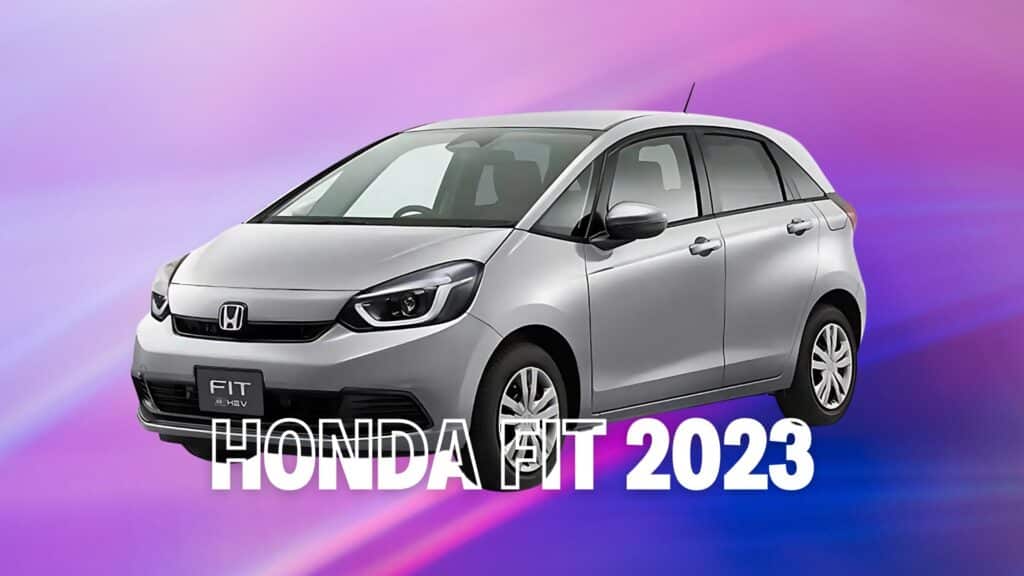Are you looking for a small car that’s big in value? The Honda Fit 2023 might catch your eye. This compact sensation has been turning heads with its clever design and lively performance.
But how does it compare to other small cars? We’re about to find out. In this showdown, we’ll pit the Honda Fit 2023 against its top rivals.
We’ll examine each car’s features, from fuel economy to interior space. Whether you’re a city resident or a suburban driver, this comparison will help you decide if the Fit is right for you.
Ready to see how the Honda Fit 2023 holds its own in the small car arena? Let’s jump in and explore what sets it apart from the pack.
The Honda Fit 2023: A Comprehensive Overview
Let’s look at what the Honda Fit 2023 brings to the table. We’ll check out its engine, interior, price, and safety features to show you what this small car can do.
1. Engine and Performance
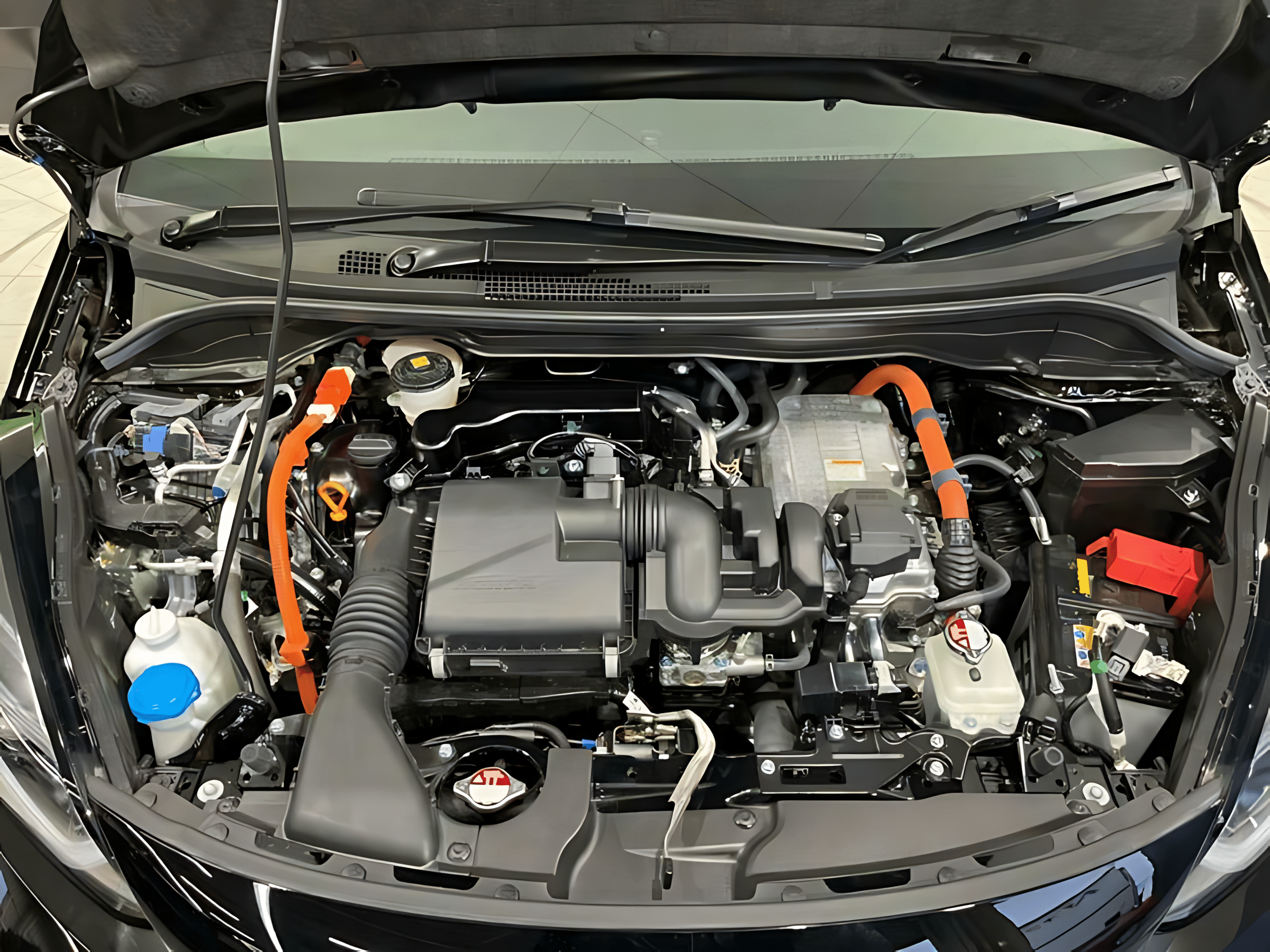
The Honda Fit 2023 has a 1.5L 4-cylinder engine that generates 130 horsepower. This compact powerhouse strikes a fine balance between pep and efficiency, achieving a combined 36 mpg.
On the road, the Fit delivers a smooth and dependable ride well-suited for various driving conditions.
City inhabitants will appreciate its deft handling and easy movability in tight spaces. Highway drivers will enjoy its steady performance and fuel economy on long trips.
The responsive acceleration makes merging and passing a breeze, while the well-tuned suspension ensures a comfortable ride over different road surfaces.
2. Interior and Comfort
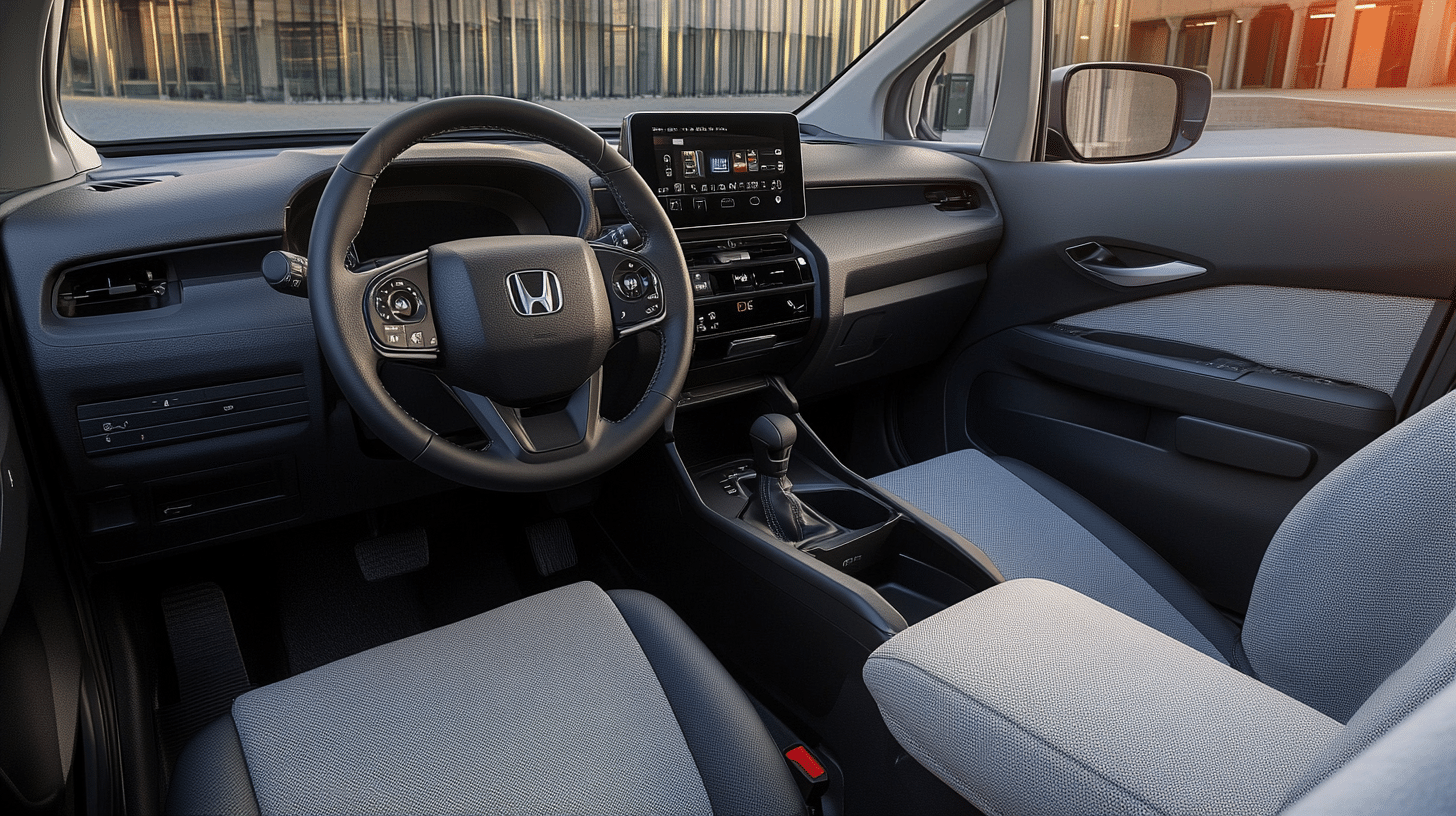
Step inside the Honda Fit 2023, and you’ll be pleasantly surprised by its roomy interior. Despite its compact exterior, the Fit offers a spacious cabin with versatile seating arrangements.
The rear seats can be folded in multiple configurations, allowing you to accommodate passengers or cargo as needed.
Modern design isn’t just about looks—it’s also highly practical. All controls are within easy reach from the driver’s seat, and visibility is excellent.
The materials used in the cabin feel durable and well-put-together, adding to the overall sense of quality.
Storage options abound, with clever compartments scattered throughout the interior. Whether you’re hauling groceries, sports equipment, or helping a friend move, the Fit’s smart use of space ensures everything fits comfortably.
3. Pricing and Value

Regarding your wallet, the Honda Fit 2023 starts at a price that won’t strain your budget. It’s a smart choice for buyers who want to get the most for their money, offering a well-rounded package of features and performance at a reasonable cost.
The Fit’s value proposition extends beyond its initial price tag. Its fuel efficiency means you’ll save money at the pump over time.
Additionally, Honda’s reputation for building long-lasting vehicles suggests that maintenance costs could be lower than those of some competitors.
Factor in the Fit’s versatility – it’s equally at home as a daily commuter or a weekend adventure vehicle – and you have a car that offers excellent value for many drivers.
4. Safety and Reliability
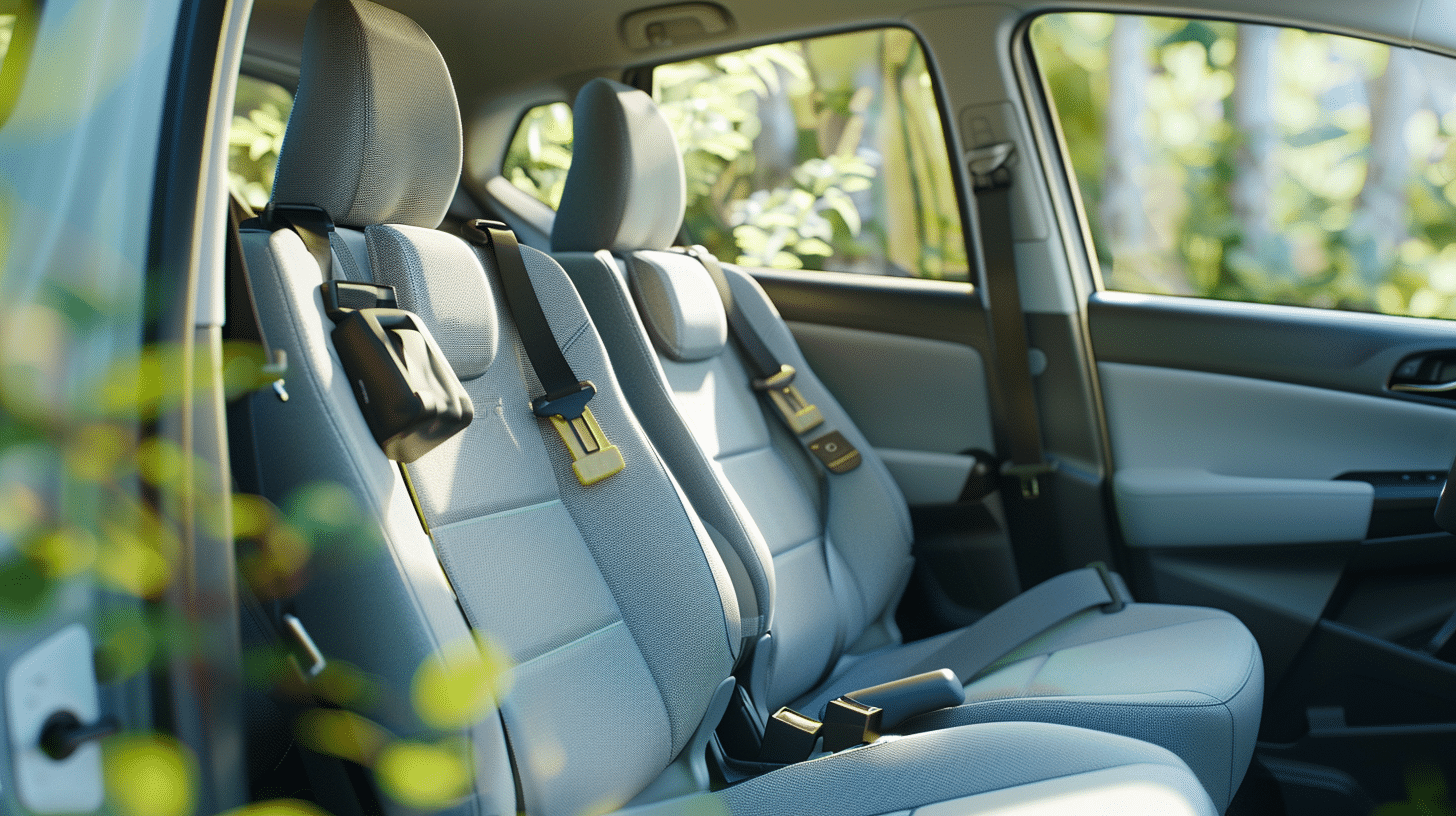
Safety is a top priority in the Honda Fit 2023, equipped with up-to-date safety technology to protect you on the road.
The car includes features like a standard rearview camera, brake assist, and stability control. Higher trim levels offer even more advanced safety systems, ensuring peace of mind for drivers and passengers alike.
Honda’s track record for building cars that last makes the Fit a solid bet for those seeking a vehicle they can count on for years to come.
The brand consistently ranks high in reliability surveys, and many Honda owners report their cars running smoothly and well past the 100,000-mile mark with proper maintenance.
This combination of active safety features and long-term reliability makes the Honda Fit 2023 an attractive option for safety-conscious buyers who also value dependability in their vehicles.
The Honda Fit 2023 vs. Competitors
How does the Honda Fit 2023 compare to other small cars? We’ll compare it with popular models, examining how they run, feel, and cost to help you choose.
1. Honda Fit 2023 vs. Toyota Yaris
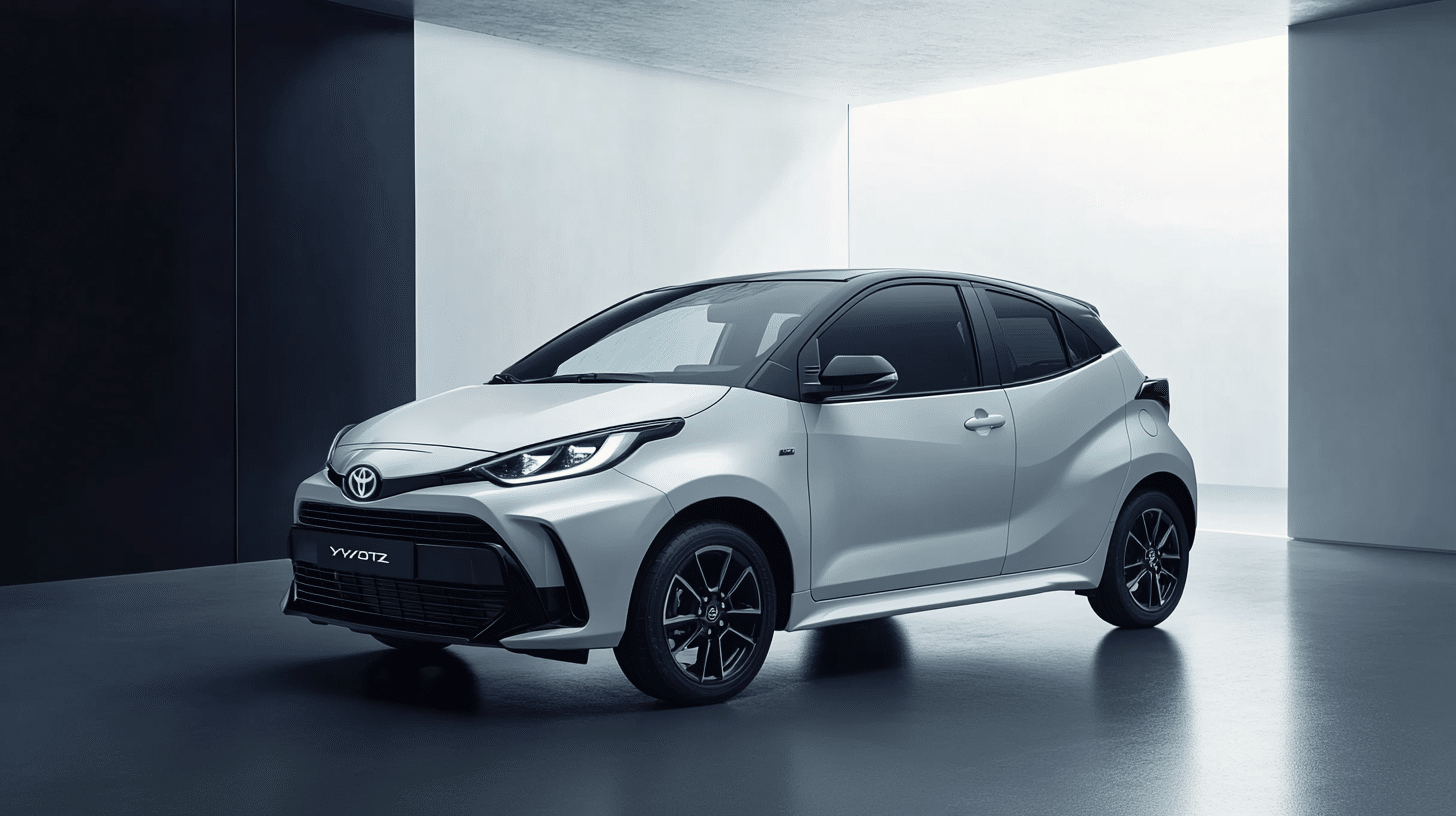
- Engine and Performance: The Honda Fit 2023 and Toyota Yaris sport 1.5L 4-cylinder engines, but the Fit edges out the Yaris in fuel economy. While the Yaris offers 33-32 mpg combined, the Fit boasts a slightly better 36 mpg. On the road, the Fit provides a more engaging driving experience with its responsive handling, making it a joy to maneuver through city streets and winding roads.
- Interior and Comfort: Both cars feature modern interiors, but the Fit stands out with its clever use of space. The Fit’s versatile seating arrangements allow for more cargo options, while the Yaris offers a straightforward hatchback design. The Fit’s higher roof and smart cabin layout give it an edge in passenger comfort, especially for taller riders in the back seats.
- Pricing: The Yaris is priced competitively at $15,635. However, when you factor in the Fit’s superior fuel economy and more flexible interior, the Honda offers more value for your money. Its long-term savings and versatility offset the Fit’s slightly higher starting price.
2. Honda Fit 2023 vs. Ford Fiesta
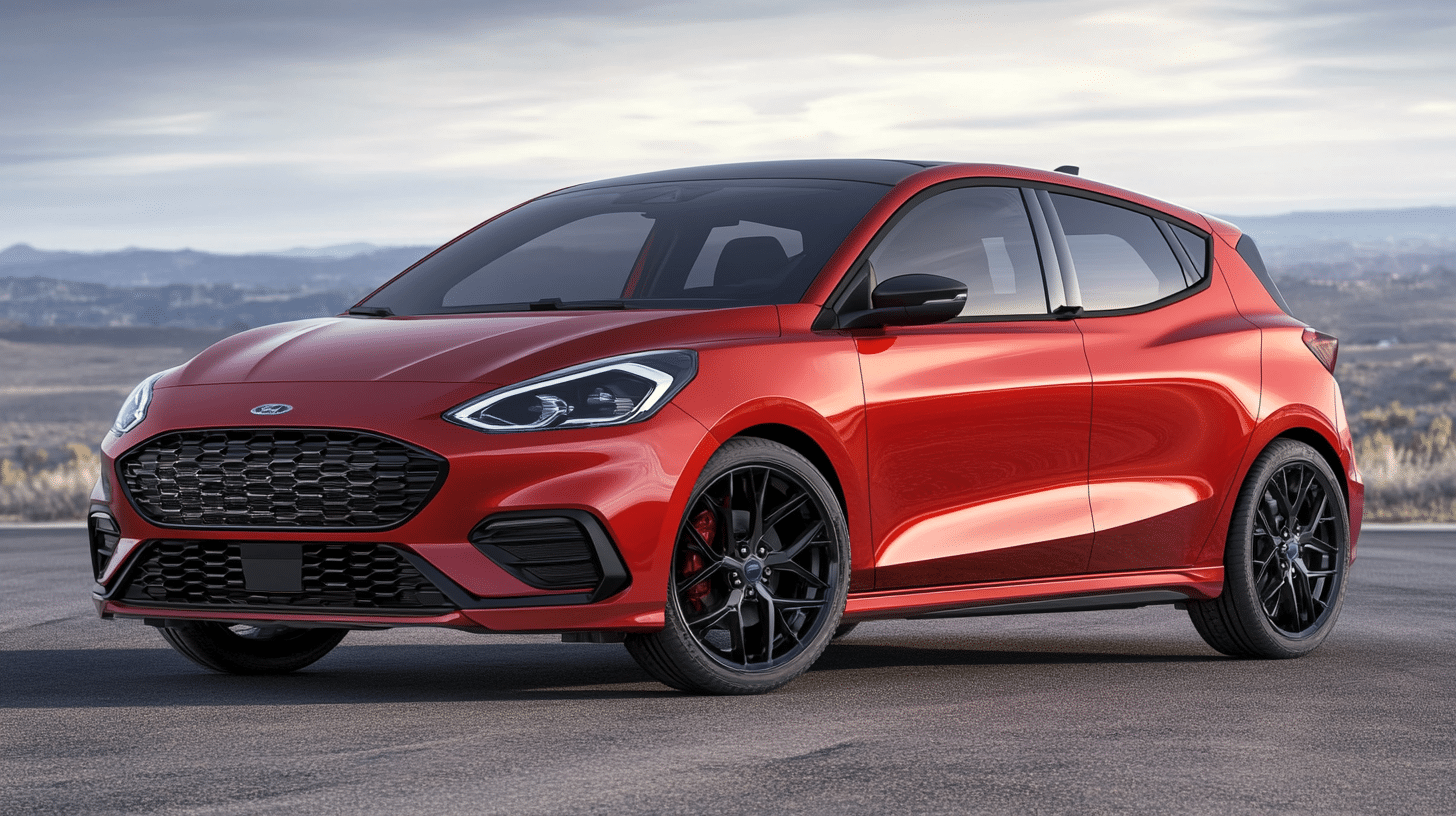
- Engine and Performance: The Ford Fiesta has a 1.6L 4-cylinder engine that delivers 30-31 mpg combined. In contrast, the Fit’s 1.5L engine achieves better fuel efficiency at 36 mpg. While the Fiesta is known for its sporty handling, the Fit matches it with nimble steering and a well-tuned suspension, offering a balanced mix of fun and practicality.
- Interior and Comfort: The Fiesta boasts a compact design with a fun, colorful interior. However, Fit takes the lead in interior space utilization. Its higher roof and flexible seating create a more open feel and allow for various cargo configurations, giving it an edge in practicality over the Fiesta.
- Pricing: The Fiesta is less expensive upfront, starting at $14,260. Yet the Fit’s better fuel economy and more versatile interior make it a strong contender for long-term value, potentially offsetting the initial price difference over time.
3. Honda Fit 2023 vs. Chevrolet Spark
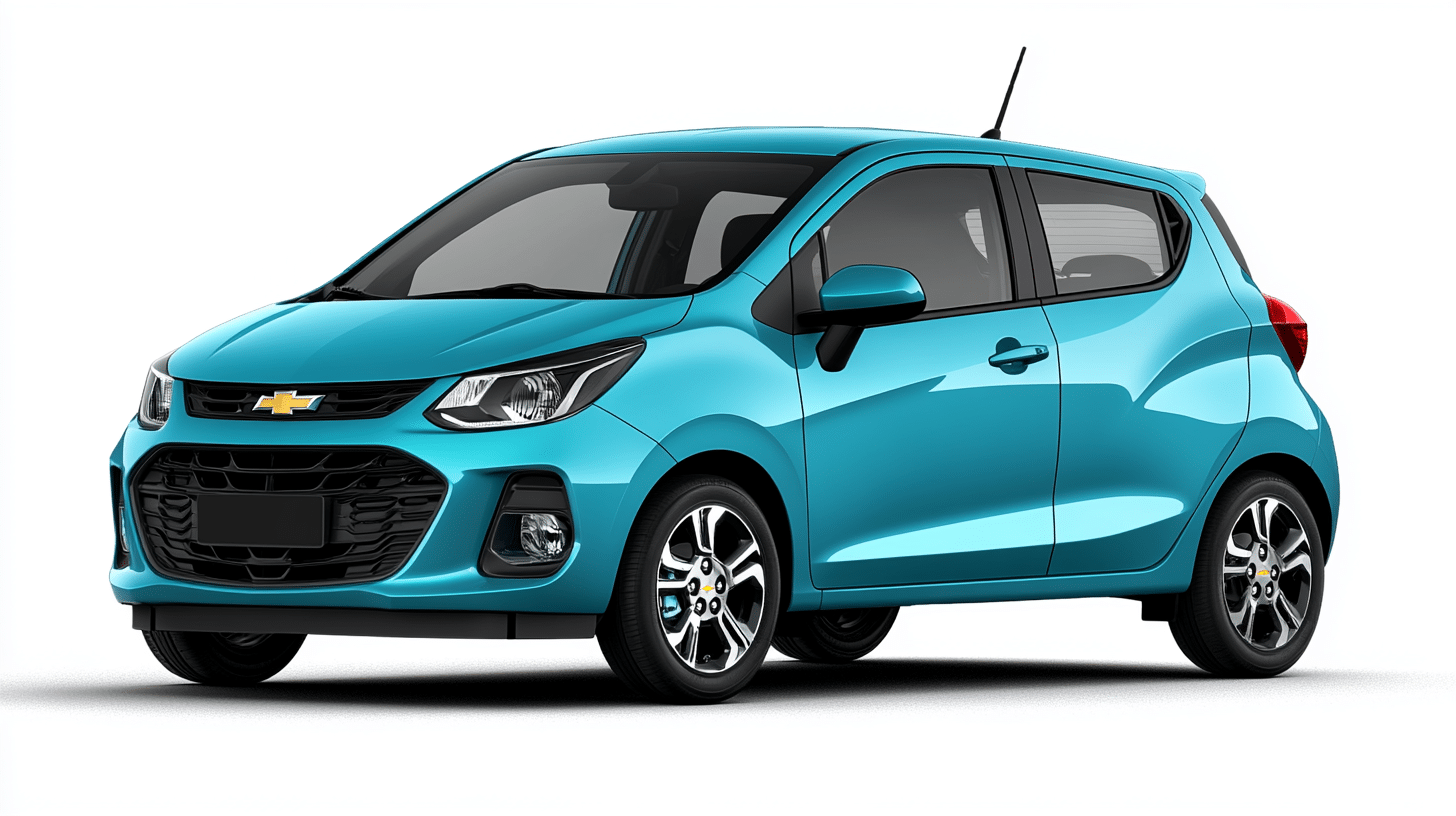
- Engine and Performance: The Chevrolet Spark features a 1.4L 4-cylinder engine with 33 mpg combined fuel efficiency. The Fit’s 1.5L engine offers better fuel economy at 36 mpg and more power for confident highway merging and passing.
- Interior and Comfort: While the Spark’s subcompact design is economical, the Fit’s interior feels more spacious. The Fit’s higher roof and clever seating arrangements allow for more cargo space and passenger comfort, giving it a clear advantage in this category.
- Pricing: The Spark’s starting price of $13,220 makes it the budget-friendly option. However, the Fit’s superior space, performance, and fuel economy might justify its higher price for many buyers looking for a more well-rounded vehicle.
4. Honda Fit 2023 vs. Mini Cooper
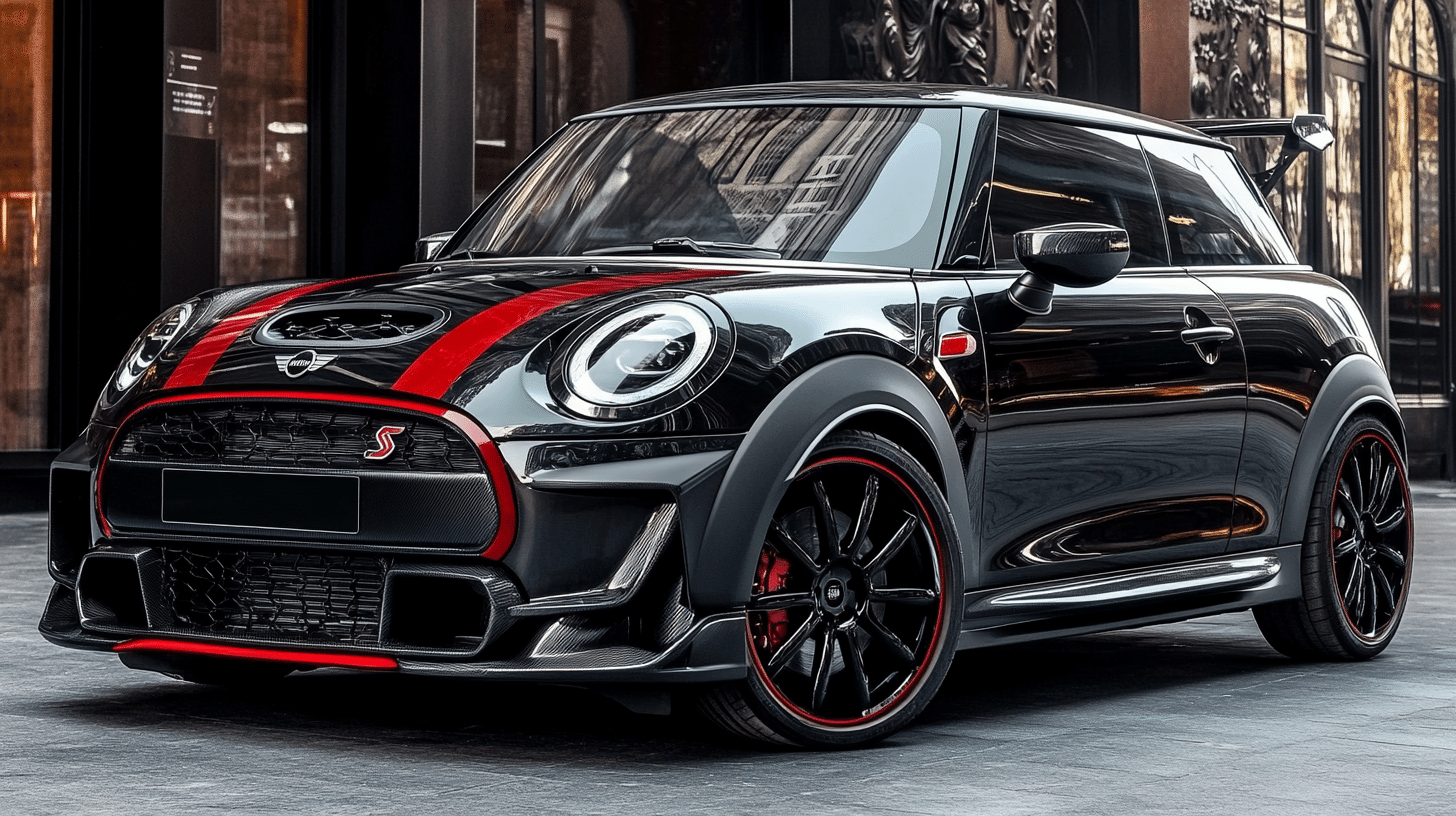
- Engine and Performance: The Mini Cooper has a 1.5L 3-cylinder engine and achieves 32 mpg combined. While the Cooper is renowned for its go-kart-like handling, the Fit holds its own with responsive steering and a well-balanced chassis, all while offering better fuel economy.
- Interior and Comfort: The Cooper’s retro design and customizable interiors have a unique charm. However, the Fit offers more practical space, with better headroom and cargo capacity. For those prioritizing utility over style, the Fit has a clear advantage.
- Pricing: The Cooper is significantly pricier than the Fit, starting at $21,900. While it offers a premium feel, the Fit provides excellent value with its spacious interior and fuel efficiency at a much lower price point.
5. Honda Fit 2023 vs. Hyundai Accent
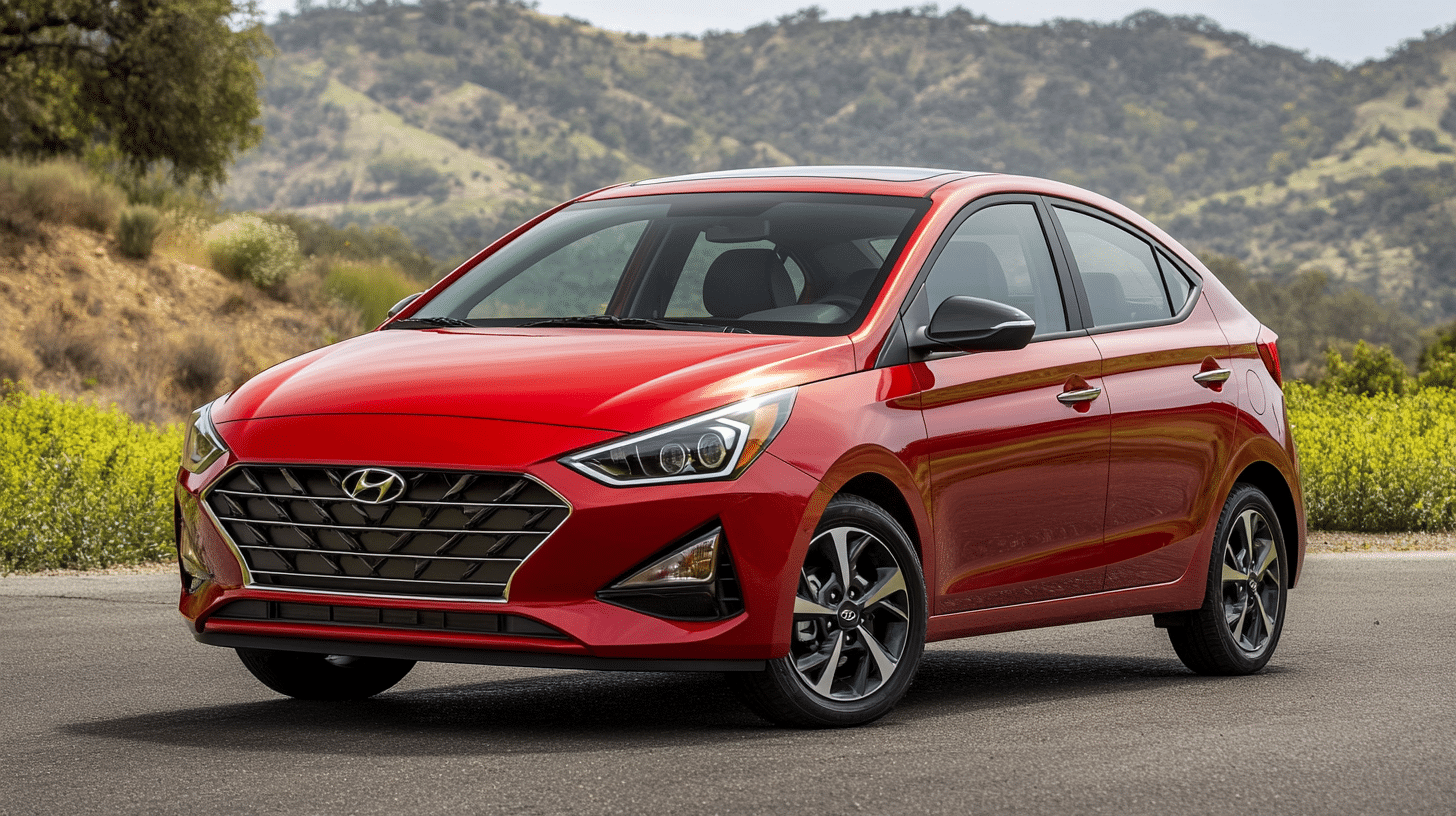
- Engine and Performance: The Hyundai Accent’s 1.6L engine delivers 31-32 mpg combined. The Fit’s 1.5L engine squeezes out better fuel economy at 36 mpg while offering comparable performance. The Fit’s lighter weight contributes to its smoother handling than the Accent.
- Interior and Comfort: Unlike Fit’s hatchback design, Accent is a sedan with a traditional layout. While this means a separate trunk for Accent, Fit’s hatchback design and flexible seating offer more versatility for cargo. The Fit also provides more headroom, especially for rear passengers.
- Pricing: The Accent’s starting price of $14,995 is competitive. However, the Fit’s better fuel economy and more flexible interior space offer strong long-term value, potentially offsetting its slightly higher initial cost.
Conclusion
After closely examining the Honda Fit 2023 and its rivals, it’s clear why this compact car has won over so many drivers.
While each competitor has strengths, the Fit stands out with its clever use of space, fuel-sipping engine, and overall value.
Whether dashing through city streets or packing for a weekend getaway, the Honda Fit 2023 is a versatile companion.
Its efficiency, comfort, and practical blend make it a top pick in the small car arena.
Of course, the best car for you depends on your unique needs and preferences. We recommend taking the Honda Fit 2023 for a test drive to see if it matches your lifestyle.
After all, sometimes the perfect fit is something you must experience for yourself.

